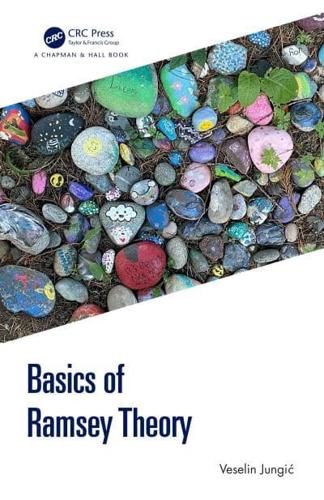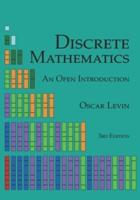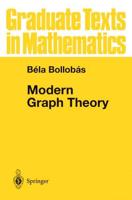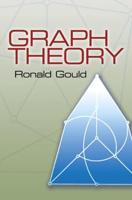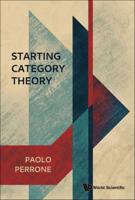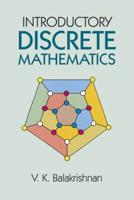Publisher's Synopsis
Basics of Ramsey Theory serves as a gentle introduction to Ramsey theory for students interested in becoming familiar with a dynamic segment of contemporary mathematics that combines ideas from number theory and combinatorics. The core of the of the book consists of discussions and proofs of the results now universally known as Ramsey's theorem, van der Waerden's theorem, Schur's theorem, Rado's theorem, the Hales-Jewett theorem, and the Happy End Problem of Erdos and Szekeres. The aim is to present these in a manner that will be challenging but enjoyable, and broadly accessible to anyone with a genuine interest in mathematics.
Features
- Suitable for any undergraduate student who has successfully completed the standard calculus sequence of courses and a standard first (or second) year linear algebra course
- Filled with visual proofs of fundamental theorems
- Contains numerous exercises (with their solutions) accessible to undergraduate students
- Serves as both a textbook or as a supplementary text in an elective course in combinatorics and aimed at a diverse group of students interested in mathematics
